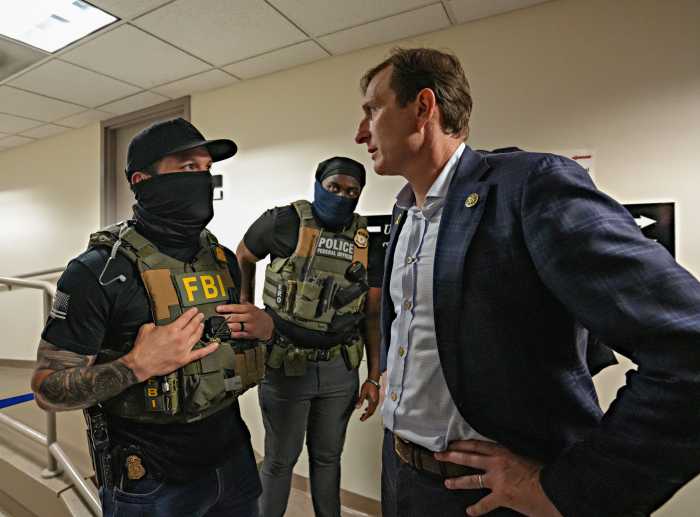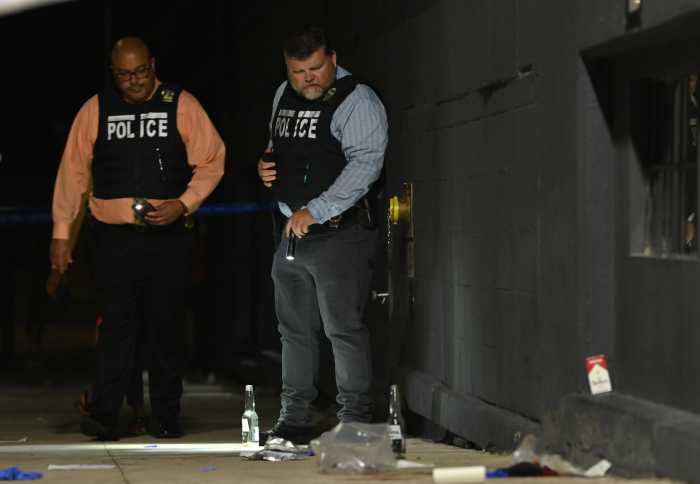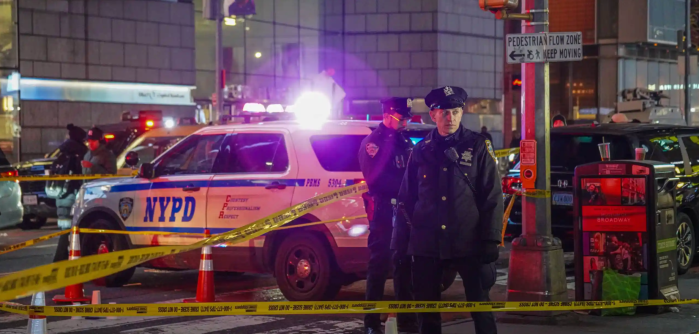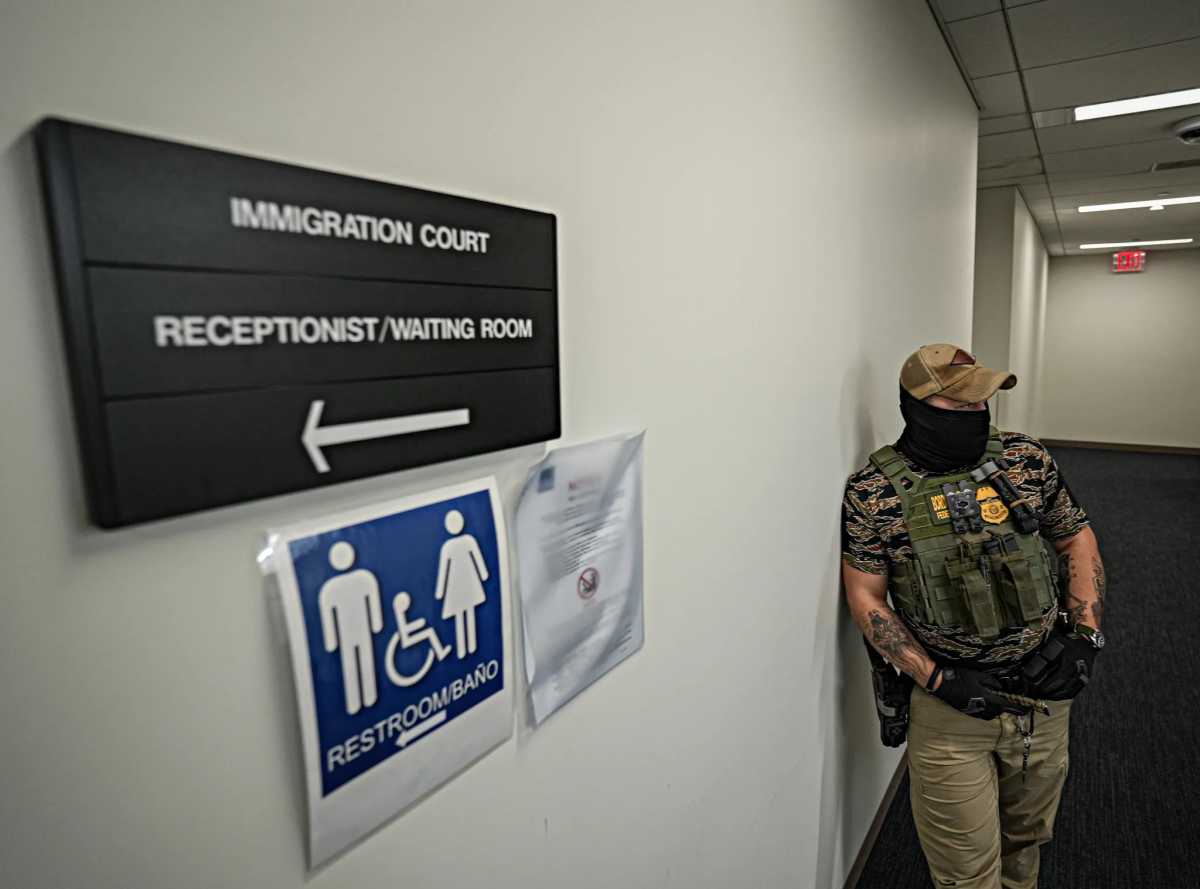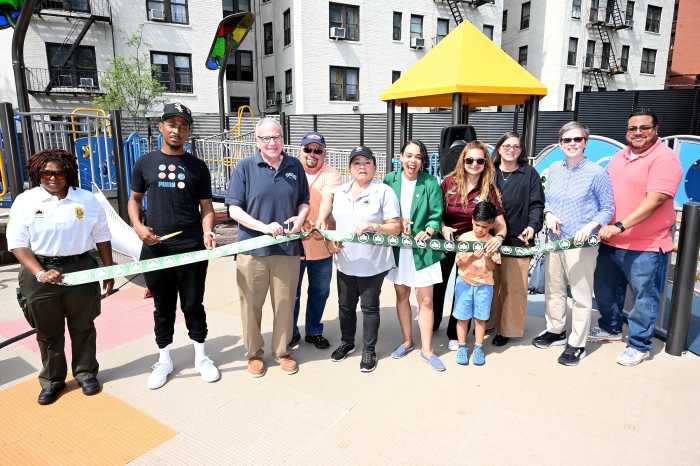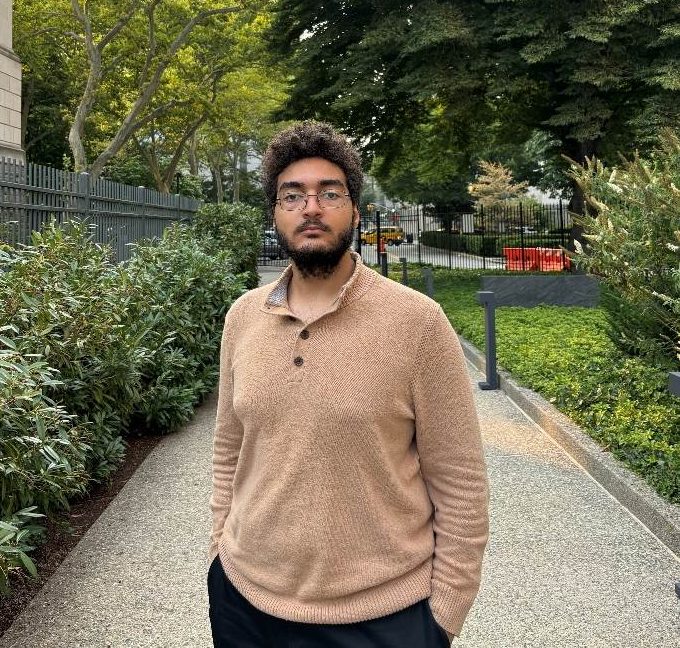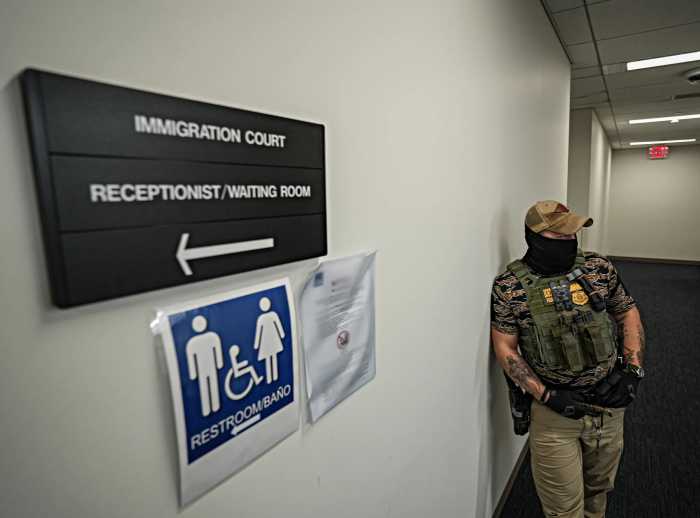
The ASPCA plans to open three low-cost veterinary centers in the city designed to help New Yorkers who struggle to keep their four-legged friends healthy, amNewYork has learned.
The animal welfare organization is slated to open the Community Veterinary Center in the South Bronx by the end of this year, followed by a site in Brooklyn in 2020 and another in Manhattan in 2021.
In addition, the American Society for the Prevention of Cruelty to Animals plans to build a large facility in the Hudson Valley to help rehabilitate abused dogs rescued through the nonprofit’s partnership with the NYPD.
The sweeping $45 million initiative also includes an upgrade of the ASPCA’s animal hospital on the Upper East Side.

“I’ve been at the ASPCA for 18 years, and I think this is the most exciting effort that we have ever taken on,” said Matt Bershadker, president and CEO of the organization. “We are addressing the most pressing needs of companion animals while expanding opportunities for victims of cruelty and abuse.”
Bershadker said the ASPCA hopes to help fine-tune best practices at the facilities, which could have an impact beyond the five boroughs.
He said some pet owners are forced to relinquish pets who develop conditions such as eye and skin infections, which are easily resolved if caught early and properly treated. The community centers will also provide spay, neuter and vaccine services, which keep animals healthy and prevent unwanted litters.
“We want to develop shorter diagnostic and treatment protocols,” Bershadker said. “If we can learn how to treat these conditions more effectively, we can share that across the country.”
The ASPCA selected three locations in neighborhoods that have limited resources for low-income pet owners. Several philanthropists are helping fund transformations of existing sites into care centers, including celebrity chef Rachael Ray, Barbara Dauphin-Duthuit and the Alex and Elisabeth Lewyt Charitable Trust.

Queens pet owner Antonio Martin knows firsthand why free and low-cost veterinary services are needed.
The 28-year-old College Point man almost had to give up his beloved mixed breed dog named Koko after spending hundreds of dollars trying to address a case of mange.
“It was really sad, but I couldn’t afford any more,” Martin recalled.
That led to an emotional drive to an Animal Care Centers of NYC facility in Queens, with Martin hoping another owner might be able to pay for Koko’s treatment.
But ACC staffers connected him with help through an ASPCA mobile clinic. Veterinarians at the mobile clinic provided free treatments for Koko, who had a full recovery.
“I love that they want to expand and help more people because I know I am not the only person who couldn’t afford treatment for my dog,” Martin said.
Esther Koslow of the Shelter Reform Action Committee, a group that monitors operations of the city’s animal shelter system, said making veterinary care easily available to all pet owners could reduce the number of homeless animals in city shelters.
“My experience is that the majority of pet owners will spend as much as they can — within their income — on their pets,” Koslow said. “But for people with limited incomes, veterinary services can quickly break the bank. Providing low-cost veterinary services will certainly help provide a better quality of life for animals.”



